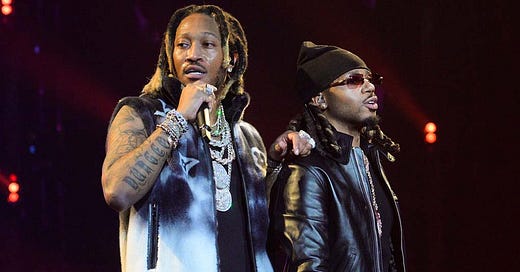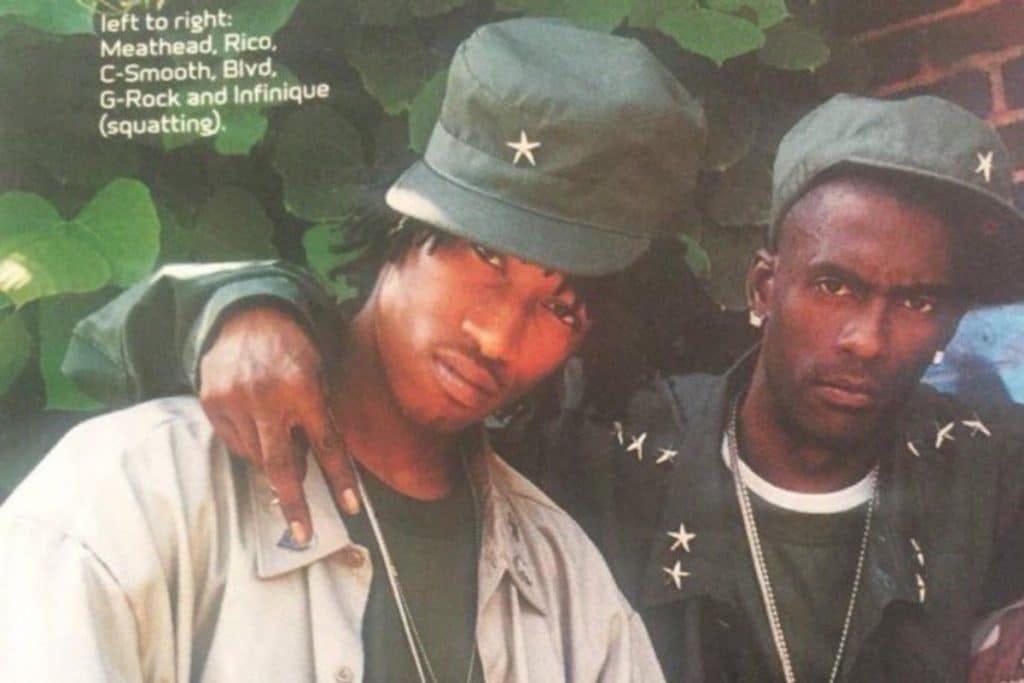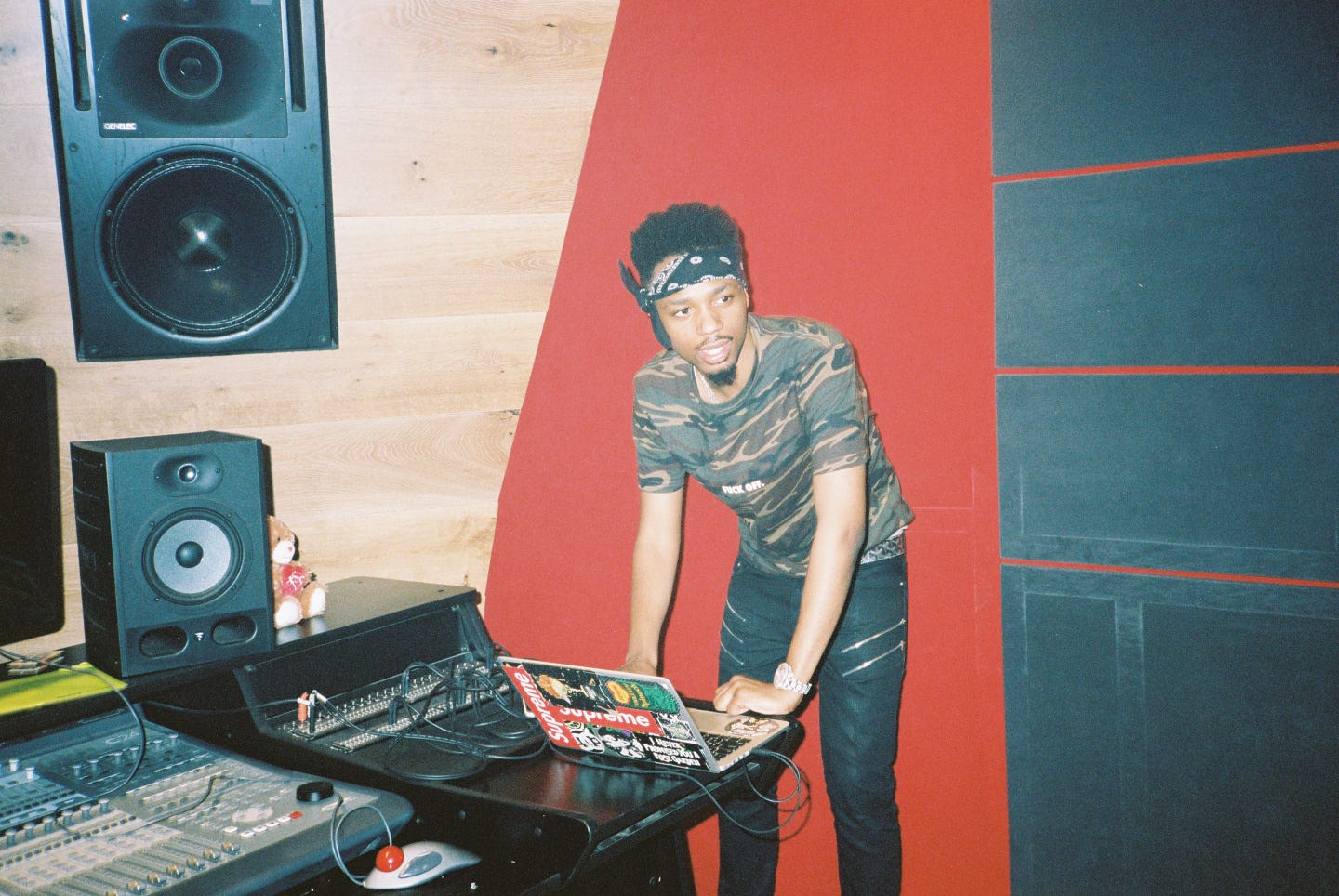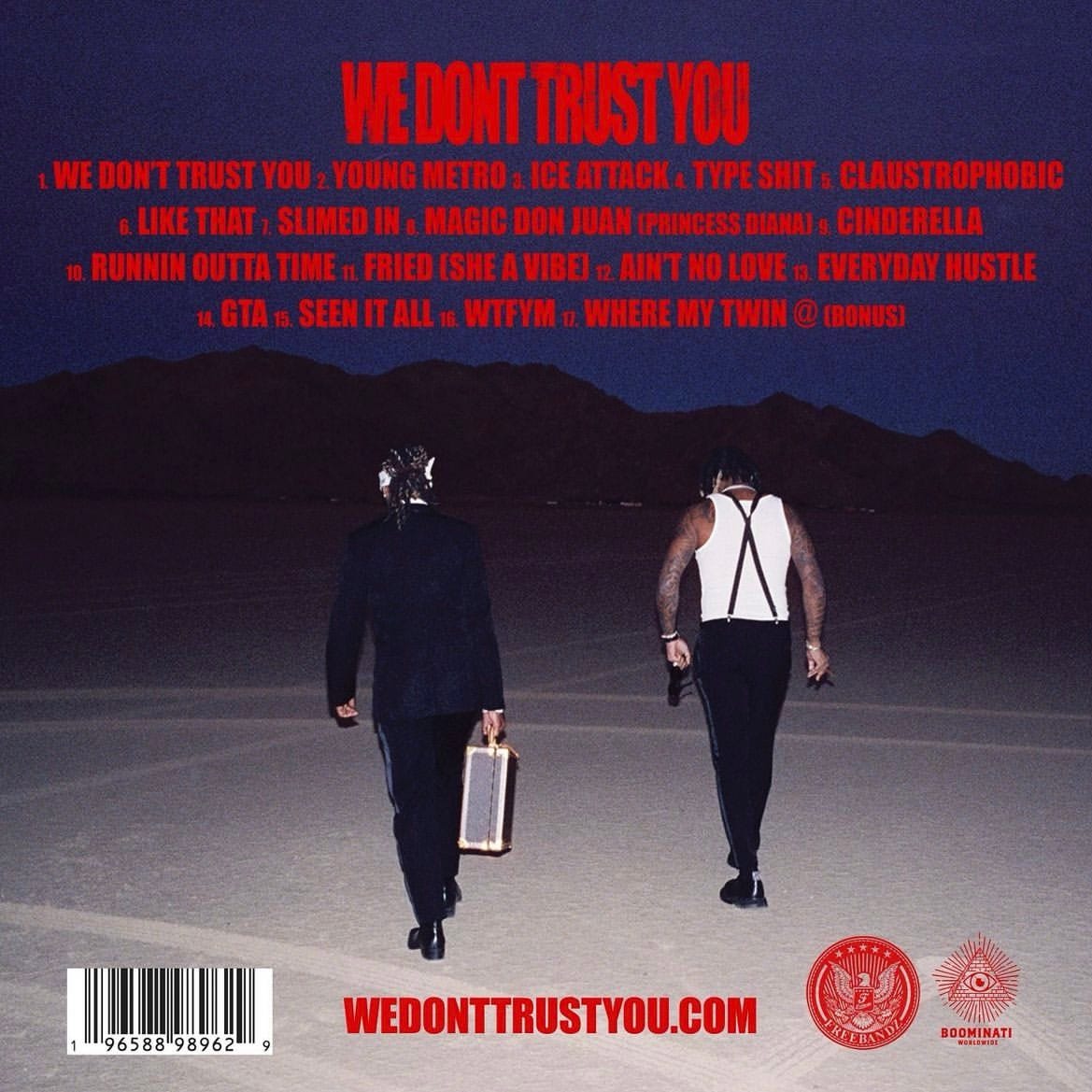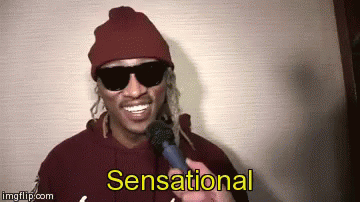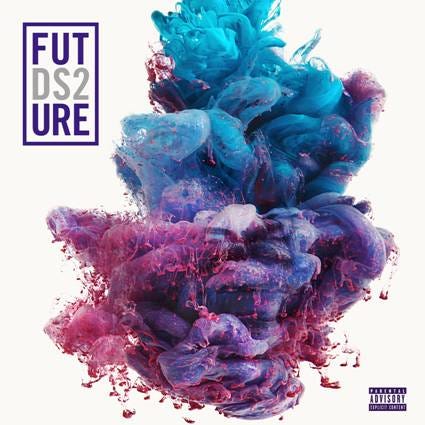Song of the Week: Future & Metro Boomin - Cinderella
A new Future & Metro for the first time in years?! The streets been waiting.
This week is all about branding from an iconic duo. Let’s kick off the vibe in a proper way.
Part One of Future & Metro Boomin’s new album “We Don’t Trust You” just dropped this morning, and it marks the first time the duo has worked together on a full length project since 2015’s Dirty Sprite 2.
When it comes to building trust with consumers, almost no rapper/producer duo does it better than Future & Metro, and that’s because their strategy is second to none.
Let’s talk about it…
A little background on both artists…
Future
Future is member of Atlanta’s Dungeon Family — the Hip-hop collective responsible for giving us Organized Noize, OutKast, Goodie Mob and more.
Originally, he rapped under the name ‘Meathead’ before changing his name to Future in the mid-2000s.
Future had built a ton of buzz in Atlanta with successful mixtaped like Astronaut, and Dirty Sprite before the singles “Tony Montana, Turn On The Lights, and Magic paved the way for him to drop his debut album “Pluto”
Metro Boomin
Metro Boomin was in high school when he committed to becoming a full-time producer. In fact, he used to travel from St. Louis to Atlanta to work with artists before graduating and moving to Atlanta Full time.
Metro initially went to Atlanta to start his first year at Morehouse College, but the work he had done years prior by visiting the city and working with rappers like OJ Da Juiceman (who helped give him inspiration for a producer name) led to him forming relationships in the ATL music scene.
Eventually, Metro was able to get his beats over to Future and the two began working together.
The trajectory of both of their career’s changed forever when Future released a Metro Boomin’ produced singled called…
Karate Chop.
It was Metro’s first big radio record, and the lead single for Future’s 2nd studio album “Honest.”
The more fans heard from Metro and Future, the more they realized that the combination was special, and it led to anticipation anytime they worked together.
Since that first song, the two have been on a historic 15 year run, putting them in the best producer/rapper duo convos with the like of Eric B. & Rakim, GangStarr and more (I’m serious. They are that prolific. Quit hating the South).
So, with all that in mind…What can brands learn From the duo?
Let’s talk about it.
I. HAVE A GOOD TAG(LINE)
A key tenant of branding is a tagline. At times, it feels like a lost art, but it’s so necessary.
Taglines are like rallying cries to consumers, when you think about it.
They help the brand communicate its promise to the consumer, serve as brand identifiers that consumers recognize, and ultimately galvanize fans at critical moments.
All in all, a good tagline helps build memory structures and create trust.
Nike has “Just do It”
EA Sports has “It’s in the game”
You get it.
In Hip-hop, producers are often the unsung heroes of the record.
Unless they have something distinct to their style that lets you know it was them, their legacy is left to the mercy of the artist. Sometimes they’d shoutout their producer, but most times they wouldn’t.
With that mindset, music producers became more intentional about including tags in their beats in the 2010s.
It was always something that online beat sellers did, but mainstream producers like Metro made it culturally relevant.
In fact, his most famous tags feature vocals from Future & Young Thug.
Peep the video below for some of Metro’s most famous tags:
II. USE YOUR EQUITIES TO BUILD FANDOM
Building on the point about producer tags, one of Metro Boomin’s most famous producer tags is the basis for the title of his joint album with Future.
“If Young Metro Don’t Trust You, I’m Gone Shoot You.”
It’s so important to the brand that it’s the inspiration for their new double album titled “We Don’t Trust You”
Using equities that have been built up by fans is important because it makes them feel like they are a part of the brands lore. It serves as wink to the insiders and it’s a call to adventure for new fans.
Moreover, it’s a signal of quality.
Fans who’ve been following Future and Metro know that when they hear this particular producer tag that they’re in for a treat.
What it does for Future & Metro as a brand?
The best part is that a new collaboration between the two means that there’s potential for new beat tags.
However, looking deeper, it’s not just about the tag. It means there’s a chance for Future and Metro as a brand to build more memory structures in the mind of their consumers.
III. HAVE A PROLIFIC OUTPUT
It’s not just about being consistent — consistent means that every year like clockwork you’ll have new product out.
But, honestly, that’s what any good competitor does. They drop every year to keep a growing pipeline of consumers and reinforce their place in the market.
What sets Future apart is that he doesn’t just have a consistent output.
HIS OUTPUT IS PROLIFIC.
Future has been in the rap game for almost 15 years now and there hasn’t been a single year where he hasn’t had at least one record, or guest appearance that’s been apart of cultural convos that year.
In his earlier years he would put out several mixtapes in one year but since then, he’s made his presence known through his feature runs.
Peep the image below. Most artists don’t put out this amount of music in a lifetime, let alone 15 years.
For a brand to be iconic in an era where attention spans are shorter, and consumption happens at a insanely fast pace if you’re goal is to be the favorite your output has to be somewhat like Future’s.
Remember Sharpe’s law about Double Jeopardy, even market leaders run the risk of losing market share if they go silent.
Future no doubt knows that too.
IV. KEEP MATCHING LUGGAGE
One thing that became readily apparent to fans as Future you listen to his music is that he has a sense of hum and his views border on toxic.
Moreover, as Future does more interviews, and interacts more on social media they saw that the person matched the music — it reaffirmed their belief in the brand.
Because of that, a generation of fans began to adopt his sayings and his memes.
They called Future their toxic king, and his actions cemented that indeed he was who they said he was.
Although it wasn’t on purpose, Future galvanized fans and created a hive; The Future Hive to be exact.
And sure enough, As long as he reaffirms his brands commitment to being exactly who he’s shown himself to be throughout the years, fans on social media will have his lyrics trending in no time.
V. GO BACK TO YOUR ROOTS
The last lesson here for brands is a callback to an earlier part of Future’s Career, and it’s about remembering why people like your product.
If they love your running shoes, that doesn’t mean it’s time to sell dress shoes.
If people like your cakes, it might not be the best move to sell sandwiches.
In short, don’t’ forget what the consumer wants — even when it comes to art.
Future took a lot of chances with his sound when it was time for his second studio album “Honest”
He was also in a new space in his life and the songs he made reflected that. He was in love, successful, and living a life that he likely dreamed about for years.
And, for as toxic as it sounds, many weren’t really feeling the new direction. They were looking for dark trap sound that had come to represent who he was as an artist.
After “Honest” was met with lukewarm reviews from critics, Future took a moment to recalibrate and come back to his routes.
What happened next changed the trajectory of his career and placed him firmly at the top of culture again.
Future & Metro dropped “Monster.”
As evidenced by the comment below, fans knew that the toxic king was back.
Then, he dropped “31 Days” with Zaytoven. Fans knew he still could make a hit record.
Then, he dropped “56 Nights.”
Inspired by his DJ, DJ Esco, who spent 56 nights in a Dubai prison on a weed charge. When he came back to the states they dropped what many hail as a classic.
It also gave the world...
March Madness
Future and Metro then followed up with what may be his best studio album to date:
Dirty Sprite II
It was the greatest callback to his artistic routes that fans could ask for and it properly paid off the anticipation built by the mixtape run.
As for brands…
I’ve seen a few rebrands in my time as a marketer and have even worked on one or two.
When it comes to “going back to your roots,” it has to be deeper than changing the vis ID — it has to be about the product intrinsics (something that’s out of the marketers control, and relies firmly on the brand)
Marketers can only tout what’s there, so if you’re a brand steward in the midst of a rebrand consider that the reaffirmation to your roots has to be more than skin deep.
Dont’ slap an old wrapper on a new burger and say “we’re back and better than ever”
Give the consumer some credit. They can tell the difference.
Future knew that, and ever since he’s been flourishing even more than before.
EPILOGUE
This is just a fraction of what we can all learn from Future and Metro’s run.
At the time of writing this, I haven’t heard the album yet. But, I have full confidence in saying that it’s gonna dominate the Summer.
At least two songs I’ve heard Metro preview have taken over TikTok and the strength of the brand those two have built is second to none.
Just when Atlanta needed something to keep us in the cultural conversation, Metro Boomin’ and Future deliver.
Ironically, there’s a lot I didn’t cover here so I’m gonna do a part II when their next album drops. It’s only right.
One.


